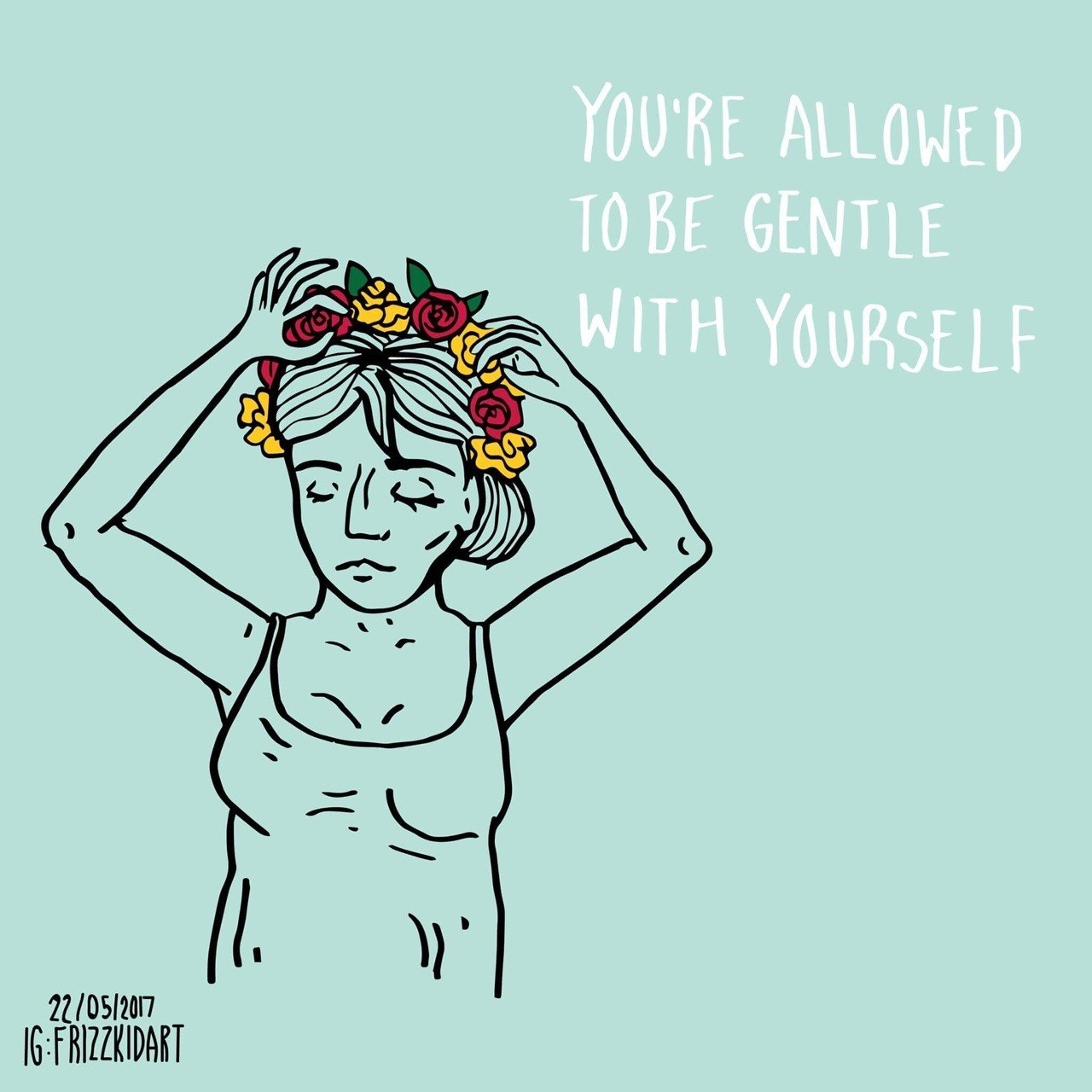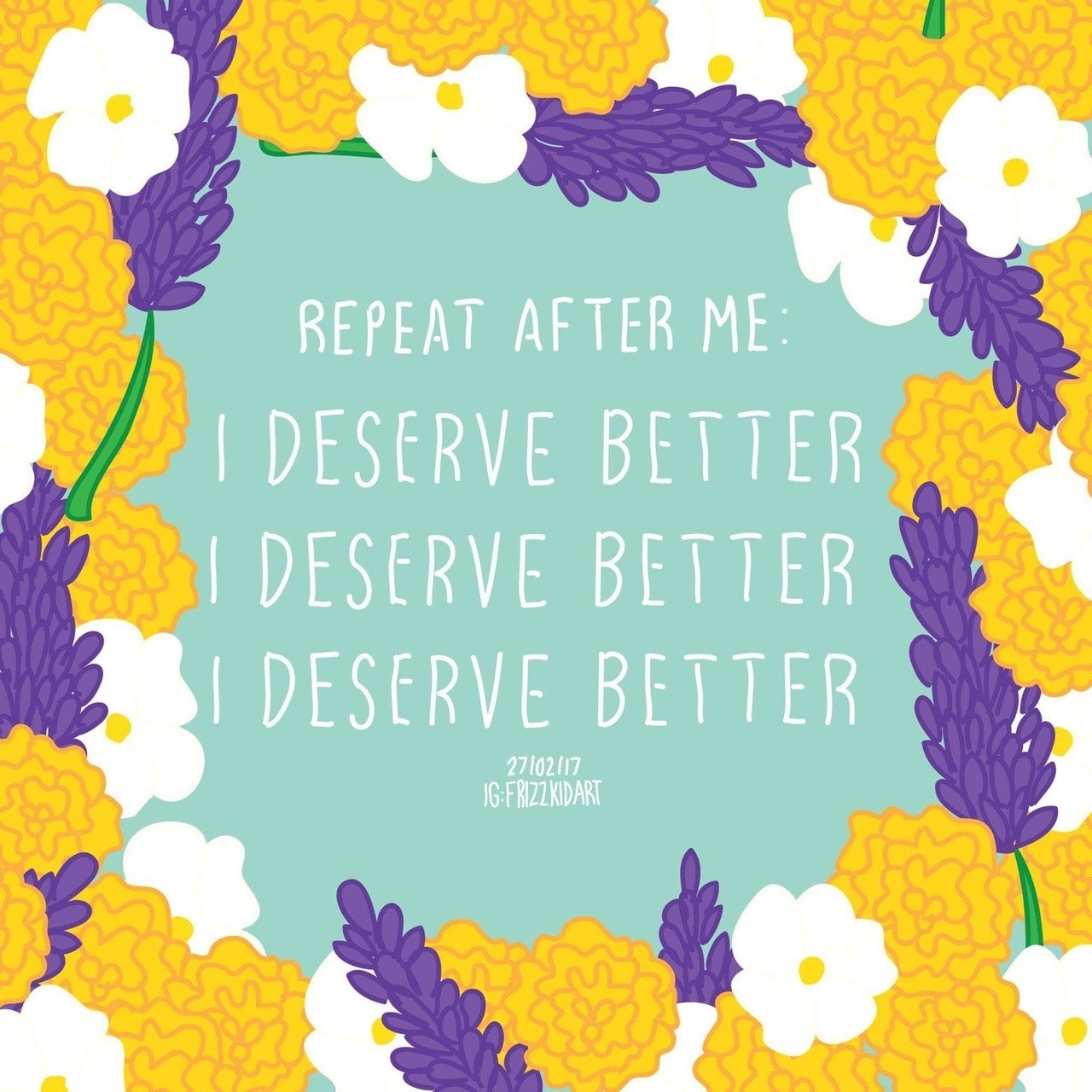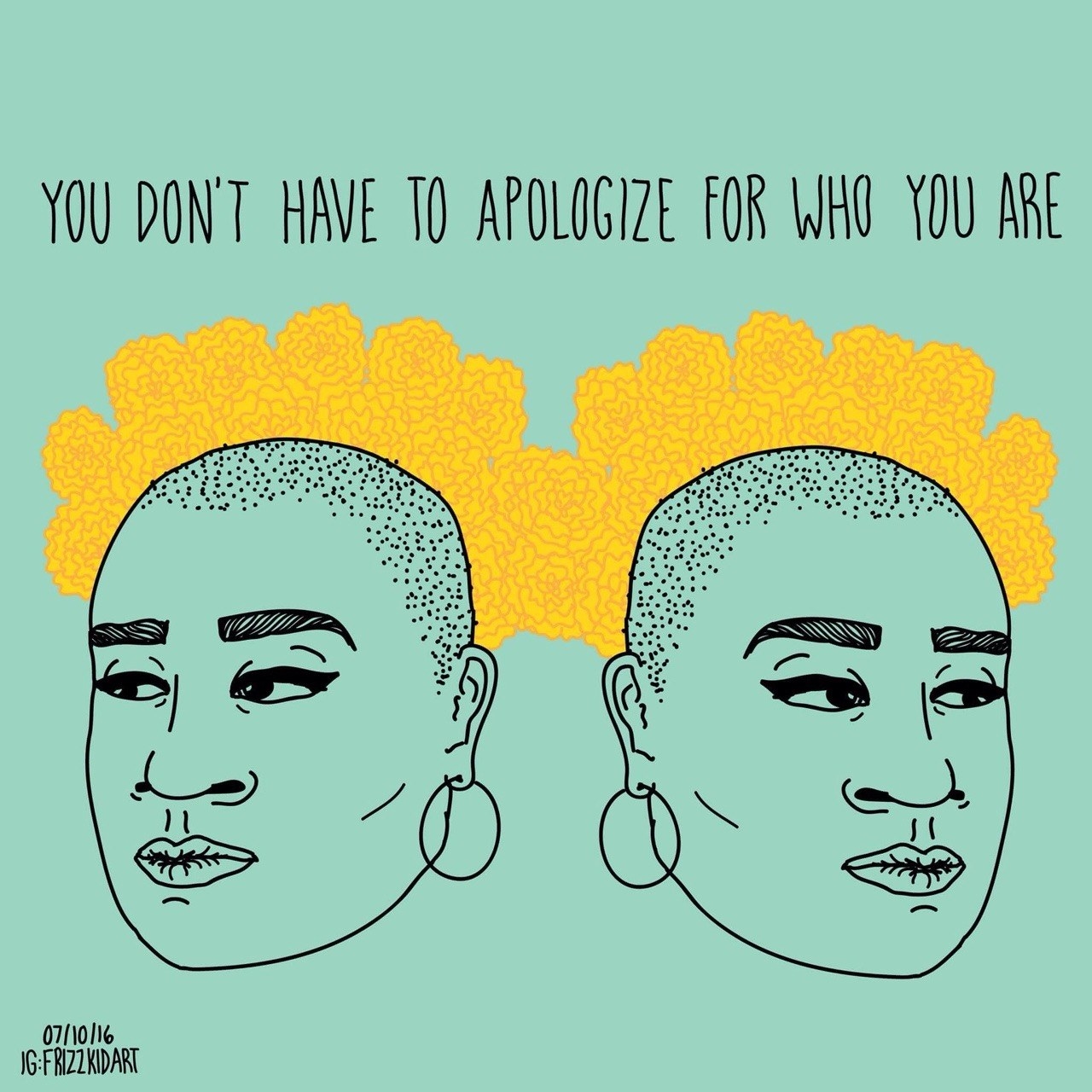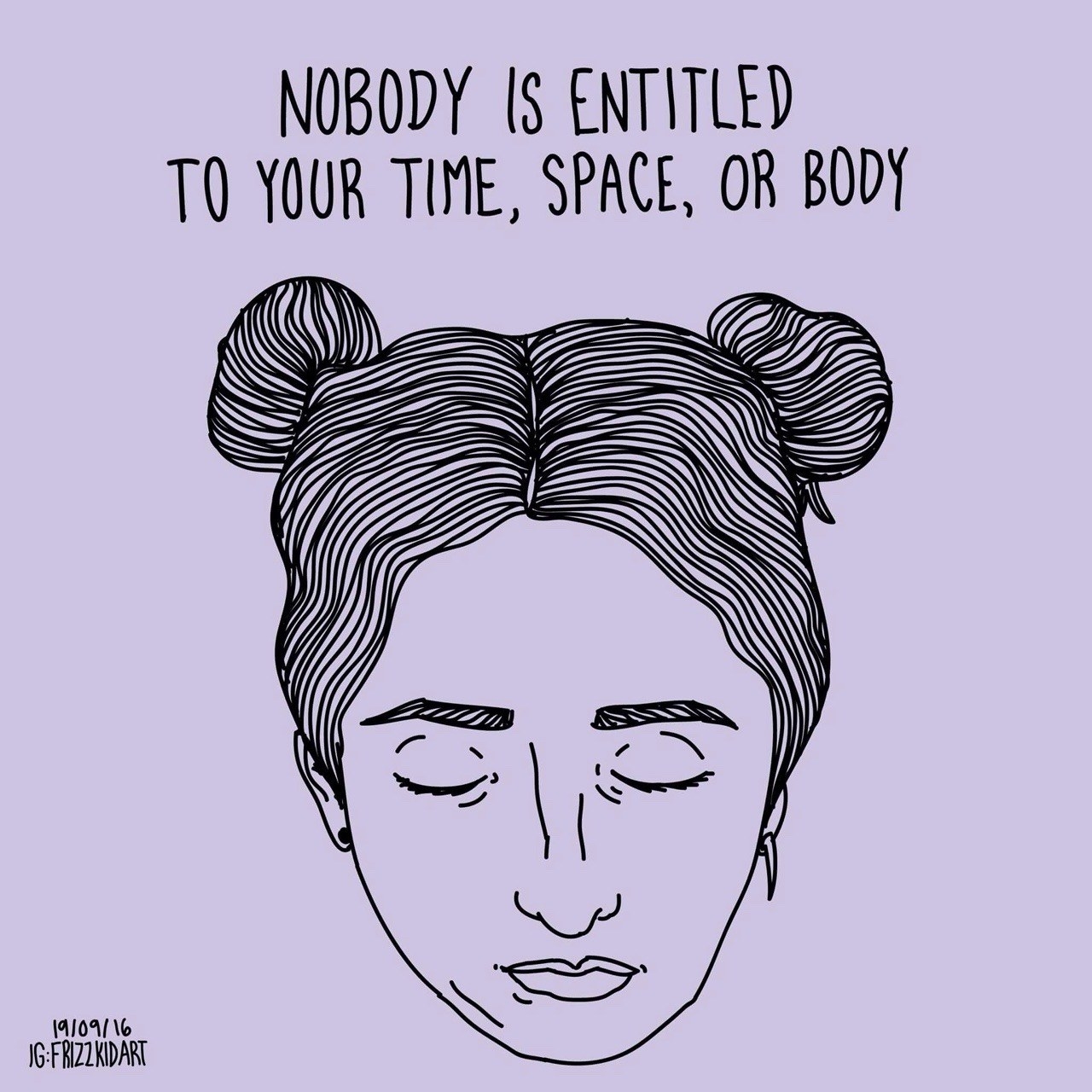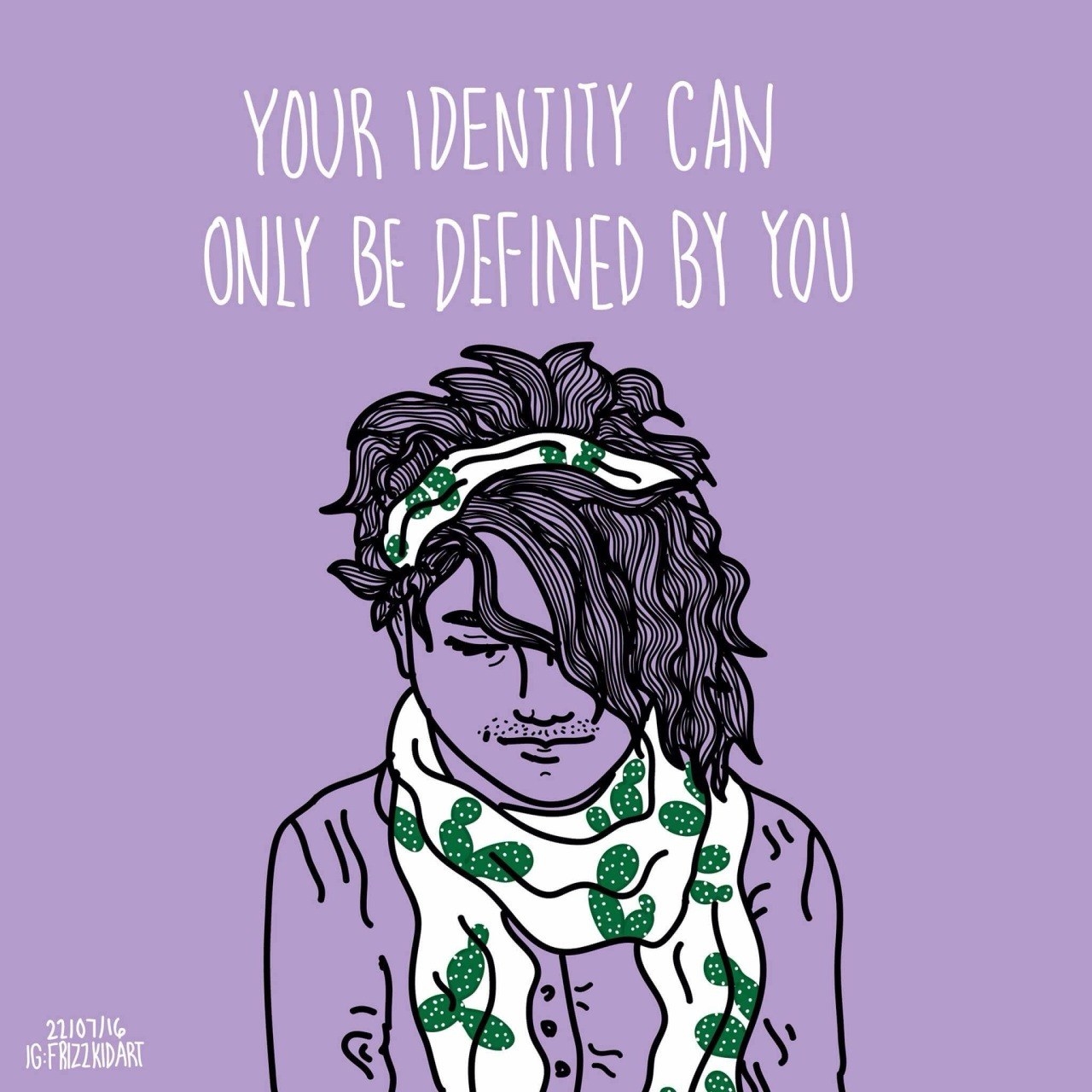
There’s a moment in Oscar Wilde’s novel The Picture of Dorian Gray when the title character declares war on his feelings: “I don’t want to be at the mercy of my emotions,” Dorian says. “I want to use them, to enjoy them, and to dominate them.” Basil Hallward, the artist who had painted Dorian’s portrait, becomes fearful of his subject’s newfound aggression: “You talk as if you had no heart, no pity in you,” he says. But Dorian, in the throes of an existential crises, isn’t listening; he wants control, most especially over how he feels.
It’s not an uncommon desire. In fact, it may be a near-universal one. With varying levels of success, we try to hold on to good emotions and ward off the bad ones — but research suggests that those efforts, at least when it comes to negative feelings, may be misplaced.
For many, accepting our negative emotions appears counterproductive, especially because it gets in the way of what motivates us. Our negative emotions can act as catalysts and adrenaline boosts — nervousness in the face of a closing deadline, for instance, might help push you to finish your task on time. Often, though, people don’t use their negative emotions so productively; instead, many tend to get stuck in their negativity, spiraling downwards. It’s hard to accept your emotions — both positive and negative — and let them pass by. Dorian Gray certainly never could.
But studies have shown that the ability to embrace your negative feelings can provide a slew of benefits. Those who accept all their emotions without judgment tend to be less likely to ruminate on negativity, less likely to try to suppress mental experiences (which can backfire by amplifying these experiences), and less likely to experience negative “meta-emotional reactions,” like feeling upset about feeling upset. Or, as the authors of a recent study in the Journal of Personality and Social Psychology put it: “When people accept (versus judge) their mental experiences, those experiences run their natural — and relatively short-lived — course, rather than being exacerbated.”
This latest study, led by University of Toronto assistant psychology professor Brett Ford, explored the link between one’s acceptance of negativity and one’s well-being. The researchers first set out to discover if and how the acceptance of negativity benefits psychological health, and whether this kind of acceptance works for everyone across socioeconomic, gender, and racial divides. Around 1,000 study subjects filled out surveys about their mindfulness, life satisfaction, depressive symptoms, anxiety symptoms, and the number of stressful events they’d been through over the course of their lives.
Ford and her colleagues found that those who accepted their negative feelings were, on average, also more psychologically healthy. They also found that the factor most strongly linked to participants’ well-being wasn’t a low-stress life — rather, it was the capacity to accept life’s difficulties and one’s own negative feelings non-judgmentally.
On the face of it, this is a counterintuitive idea. A person with, say, no medical or financial issues — someone who should theoretically have low stress — ought to have greater well-being than a poorer, less healthy person who’s working 70 hours a week. And yet if the latter person is better at accepting the negative experiences that come with his objectively more difficult life, this study suggests, she may be happier than the person who has fewer stressors in life.
In order to further prove this apparent paradox, the researchers recruited 160 women, half of whom had experienced a life stressor “of at least moderate impact” within the past six months, to complete a neutral task (watching a movie clip) and then a stressful task (giving a three-minute video-recorded speech on their job qualifications in front of an audience). During both tasks, the women rated their own emotional experiences; once again, Ford found that the people who were more accepting of their negative mental states reported less intense negative feelings.
Finally, to test their findings with a more diverse set of participants, Ford and her colleagues had 222 men and women complete diary entries every night for two straight weeks, making note each night of the stressful events they’d experienced during the day. Some reported particularly high-stress moments, like receiving a phone call from a son in prison, while others had mostly mild stressors, like low-key arguments with a romantic partner. For each entry, participants also rated the extent to which they felt 12 negative emotions: sad, hopeless, lonely, distressed, angry, irritable, hostile, anxious, worried, nervous, ashamed, and guilty.
Once again, acceptance was associated with greater psychological health, but with an added layer of nuance: The correlations showed that accepting negative situations was not associated with increased psychological health. Rather, it was the acceptance of one’s state of mind that came from negative situations that best indicated psychological well-being.
Taken together, Ford says, the results across all three experiments “underscore the broad relevance of acceptance as a useful tool for many people.”
“The overall take-home message is that emotions are naturally short-lived experiences,” she says, and if we let them wash over us instead of trying to push them away, “these emotional experiences would actually pass relatively quickly.”
Still, opening your arms to all your negative feelings is easier said than done in a culture where happiness is considered a virtue. We tend to valorize the pursuit of positivity, while ignoring or dismissing the importance of a well-rounded emotional experience. Happiness, the thinking still often goes, is the absence of negativity rather than the acceptance of it. But the research says otherwise — you can’t always control your emotions, but you can control how you respond to them. Sometimes it’s best to let yourself feel okay about feeling bad.
By Cody Delistraty
https://www.thecut.com/2017/08/youll-be-happier-if-you-let-yourself-feel-bad.html





